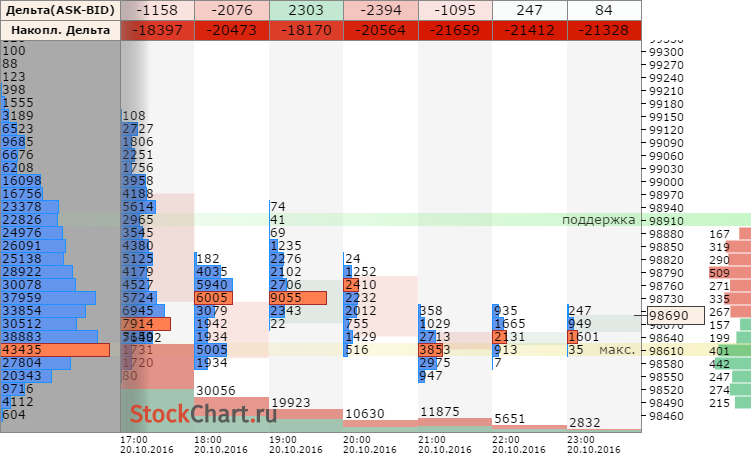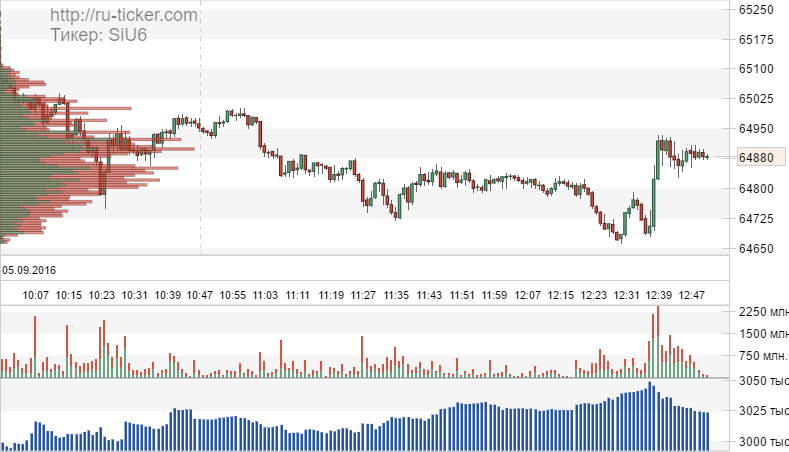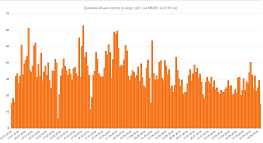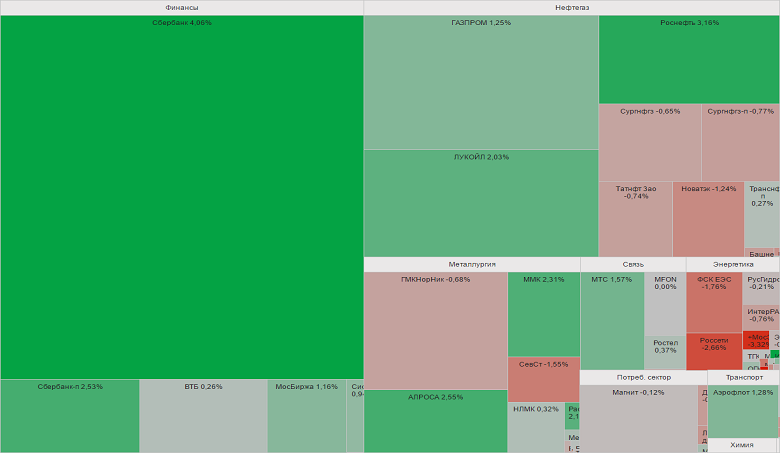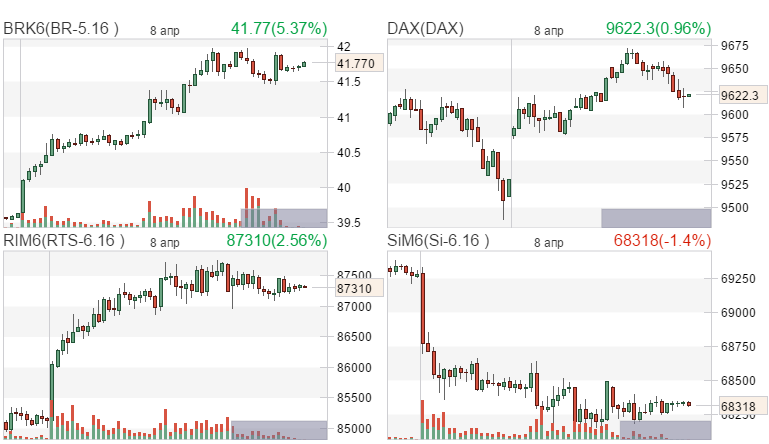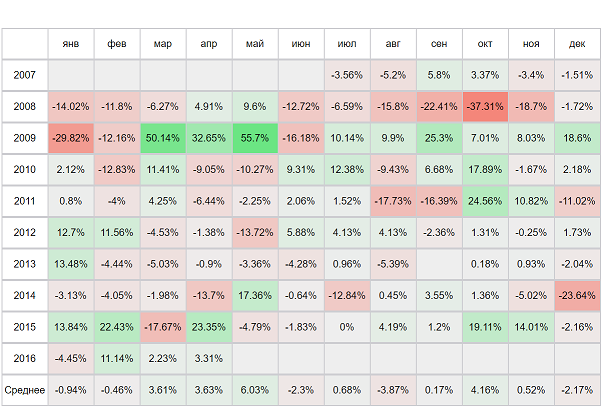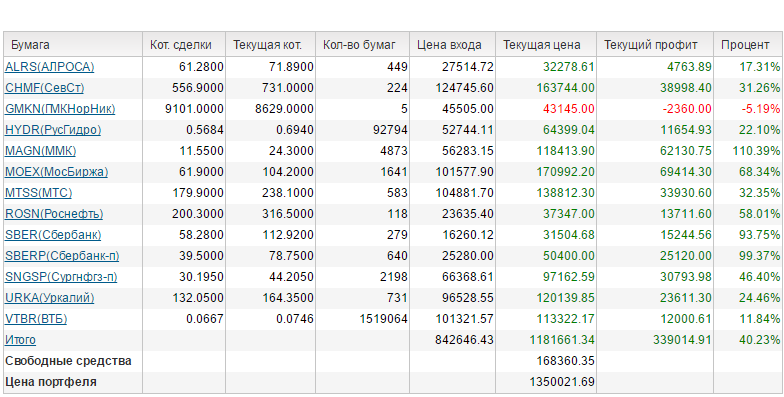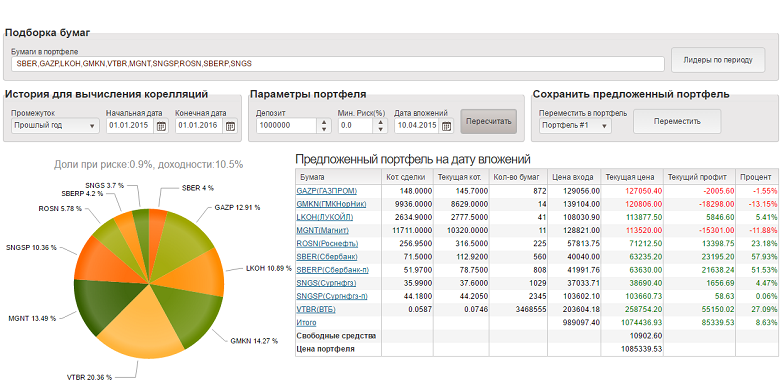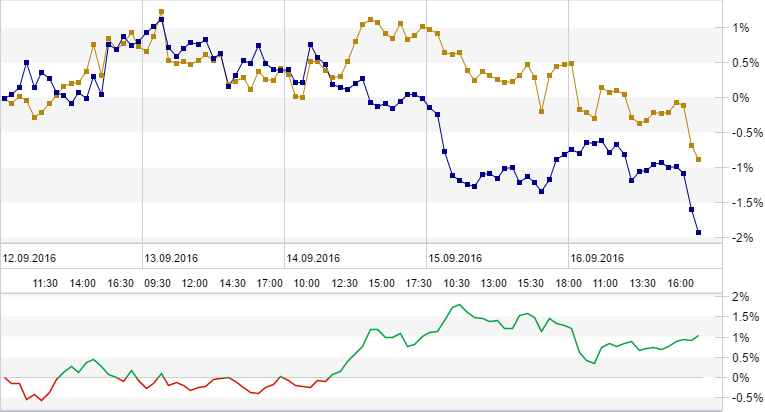 |  |  | |||||||||||
 |
|
||||||||||||
 |  |  | |||||||||||||||
 |
|
||||||||||||||||

Техническая поддержка
ONLINE
 |  |  | |||||||||||||||||
 |
|
||||||||||||||||||
Velocity of money rather than quantity driving prices | Finance & Capital Markets | Khan Academy
ruticker 08.03.2025 21:05:04 Recognized text from YouScriptor channel Khan Academy
Recognized from a YouTube video by YouScriptor.com, For more details, follow the link Velocity of money rather than quantity driving prices | Finance & Capital Markets | Khan Academy
It's a common misconception that price levels are dictated purely by the quantity of money out there. To see why this isn't the case, let's imagine an island that has two players in it: a farmer, who obviously will produce food, and a landlord/builder, who will either rent out buildings or can build more buildings to rent out. We're living in a reality where all you need is food and shelter. Let's imagine one reality where this island, or whatever you want to call it, hasn't discovered a lot of currency. They only have a little bit of gold. So, maybe the farmer only has a couple of gold coins to start off with, and the landlord/builder also only has a couple of gold coins. They're very currency poor, only a little bit of gold, but they're very optimistic. The farmer says, "Hey, you know what? Things are looking good, landlord. I want to rent a nice building from you for my family and for you to build more buildings." So, he gives both of these coins to the landlord/builder and says, "Here, take these and build me something nice." The landlord responds, "Wow, you know things are good! The farmer seems pretty optimistic. I want you to grow me a ton of really good food because things are good." So, he gives the farmer four coins and says, "Grow me a ton of really nice food, stuff that takes a lot of effort to grow." Now, the farmer has those four coins, and these are now gone. The farmer is feeling really great and optimistic. Of course, these coins are now with the landlord. The farmer says, "Landlord, you know what? I'm feeling even better than I did before. Why don't you build me even a few more buildings? I want to expand my house even more." But now the landlord is thinking, "Man, you already gave me a lot of money, and I have a lot of work to do. You’ve got to pay me more if you want me to work overtime because that's going to take time away from my family and everything else." The farmer agrees, "Sure! Last time I paid you two gold coins for some buildings; I'll now pay three gold coins for the same number of buildings." So, he gives three gold coins for what he used to get for two gold coins. If you think about it, the price has gone up for whatever service or product the landlord/builder is providing. The landlord receives those three gold coins and thinks, "You know, things are really good. I'm getting a lot of business from the farmer. I can get even more food from him." He goes to the farmer and says, "Hey, give me what you just gave me last time for two gold coins." But the farmer replies, "No, you know what? I'm really busy now. I'm almost tapped out. If you want me to work overtime or expand my facilities, you've got to give me three gold coins for what I gave before. Besides that, the cost of buying houses has just gone up to three gold coins." So, the builder says, "Oh sure, I'll give you three gold coins." The one thing I want you to notice in this scenario is that we only started off with two gold coins for each of these players. But because they were really confident, because they kept spending it with each other, and because there was a high velocity of the actual money, there was an increase in prices.
Залогинтесь, что бы оставить свой комментарий

